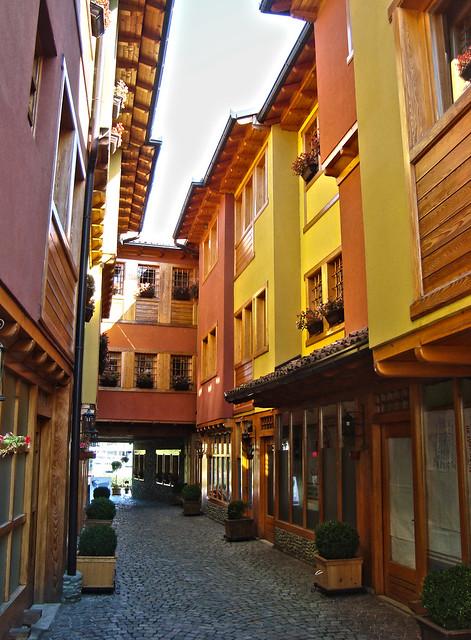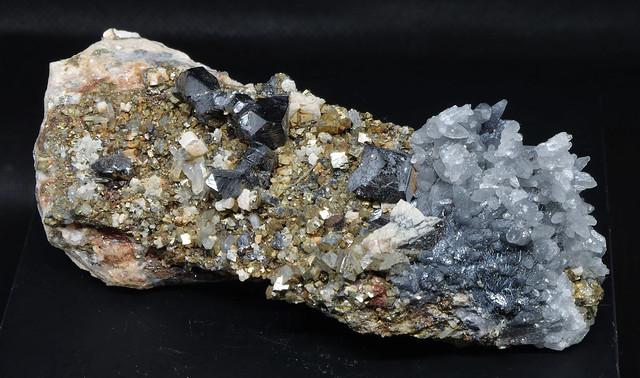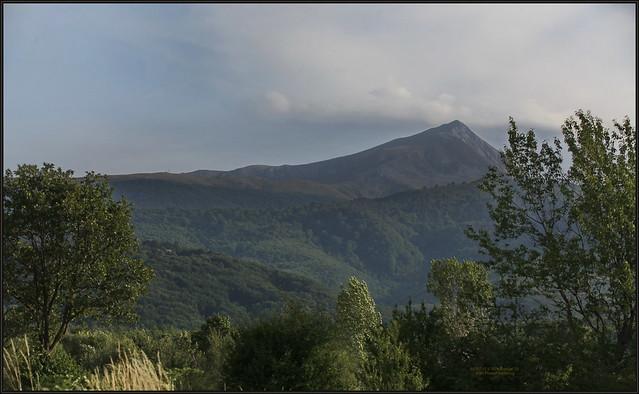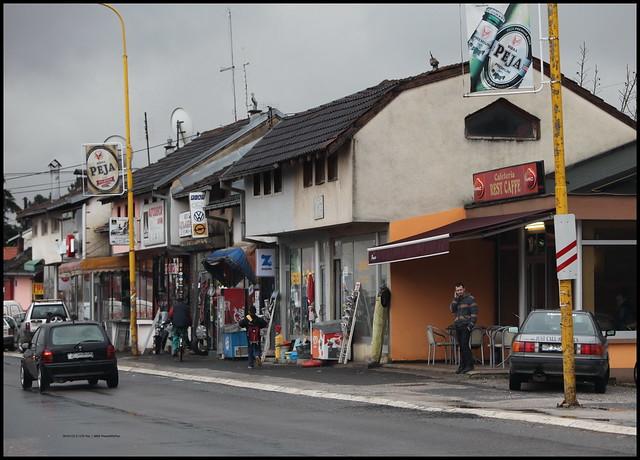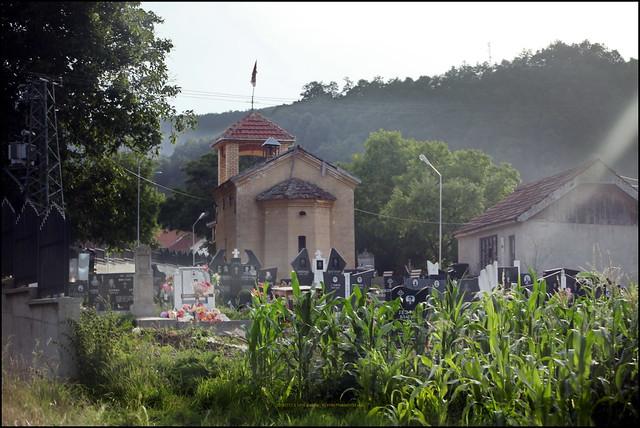Đakovica District (Gjakove)
Overview
### Overview of Đakovica District (Gjakove), Kosovo
Đakovica District, locally known as Gjakove, is a vibrant part of Kosovo known for its rich history and cultural diversity. This district is characterized by its unique blend of Ottoman and European influences, visible in the architecture and local customs. Gjakove is particularly famous for its historic old bazaar, Čaršija, which is a hub of artisan shops and traditional eateries, offering a glimpse into the traditional Kosovar way of life. The district is also known for its lively festivals and strong tradition of music and dance, which are integral parts of the local cultural identity. Kosovo's recent history, gaining independence in 2008, adds a layer of resilience and pride that is palpable throughout its communities.
### Best Time to Visit and Activities
The high season for tourism in Đakovica District is during the late spring to early autumn months, particularly from May to September. During this period, the weather is generally warm and pleasant, making it ideal for exploring the outdoors. Visitors can enjoy a variety of activities such as hiking in the nearby Accursed Mountains, where the landscapes offer breathtaking views and a chance to experience Kosovo’s natural beauty. The summer months also coincide with several cultural festivals, including the traditional Gjakova Summer Festivities, which showcase local music, dance, and crafts. This is a great time for teenagers to immerse themselves in the local culture and interact with other youths from around the region.
### Preparations Before Visiting
Before traveling to Đakovica District, it's important for visitors to prepare adequately to ensure a smooth and enjoyable experience. Firstly, ensure that travel documents, including passports, are up to date. Kosovo allows visa-free entry for many countries, but verifying this for specific nationalities is recommended. Additionally, having a basic understanding of the local language (Albanian) can be helpful, though many younger locals and those in the tourism industry speak English. It’s wise to familiarize oneself with local customs and etiquette to show respect and fit in more easily with the local community. Lastly, considering that Kosovo uses the Euro, it’s practical to arrange some local currency in advance for small purchases where credit cards might not be widely accepted.
How It Becomes to This
History not available

You May Like
Explore other interesting states in Kosovo


